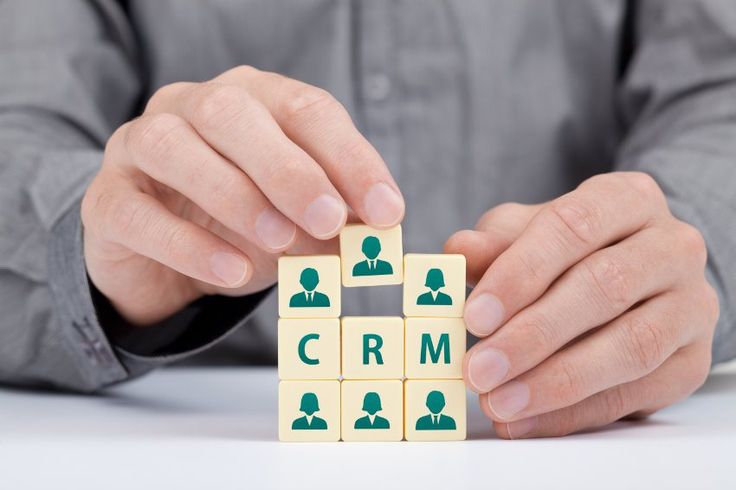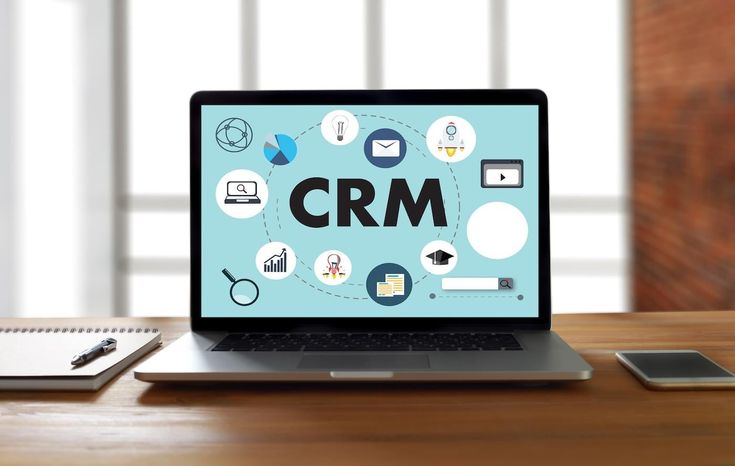CRM software helps travel agencies enhance customer experiences, streamline marketing, and stay competitive, unlocking hidden opportunities for success.

Travel Business CRM: Revealing Undiscovered Opportunities
In this fast-paced travel business where expectations are always shifting, customer interactions now take the front stage. Travel agencies, tour operators, or service providers have to provide exceptional customer experiences while nevertheless being competitive. Among the most powerful tools at hand for achieving this harmonic objective is customer relationship management (CRM) software. This essay will look at how CRM offers travel agencies fantastic, typically hidden opportunities. From boosting customer interaction to simplifying marketing strategies, CRM could enable new degrees of success to be released.
Experience of a personal client: Using CRM in the travel company mostly benefits from customizing client experience. Combining historical data and all client interactions into one central platform utilizing CRM system allows travel businesses to provide fairly customized services and offers.
Improved Participation of Customerst: While many travel agencies first focus on drawing in new customers, maintaining current clientele is just as important. Great relationships are maintained by automatically sending follow-up emails, birthday offers, or tailored reminders for upcoming travel. CRM allows one to track client remarks as well, thereby ensuring fast resolution of any issues.
Simplified Marketing Strategies: Mass, one-size-fits-all marketing efforts are not the only thing CRM helps businesses avoid. Instead, it helps travel firms split their customers based on several factors including past travel experience, demography, and purchase behavior. This will help you to offer different client groups customized marketing messages.
For example, a CRM system might identify customers who recently visited Europe and subsequently deliver customised promotions for associated sites or package offerings. It not only increases the success of marketing

Experience of a personal client: Using CRM in the travel company mostly benefits from customizing client experience. Combining historical data and all client interactions into one central platform utilizing CRM system allows travel businesses to provide fairly customized services and offers.
For example, CRM can provide add-on services including hotel stays, automobile rentals, or tour packages should a client schedule travel. Using the client's travel experience and budget, CRM can also suggest luxury hotels or premium up-sells like business class tickets.
Upselling and cross-selling are the greatest income sources in the travel industry; CRM considerably improves the efficiency and effectiveness of these techniques.
Enhanced Customer Support: Among their most pressing concerns is the ability of travel agencies to offer quick and efficient client assistance concerning cancelments, bookings modified, and other issues. This is what CRM software provides for the travel agency—one system tracking all client contacts, inquiries, and support needs.
Access to consumer profiles allows support staff to see travel history and preferences, so customizing and improving the service. Faster, more knowledgeable answers would help travel companies increase customer satisfaction and build long-term loyalty.
Apart from this, CRM can automatically confirm tickets or update instant flight delays, therefore automating some customer service chores. These all enable the clients to keep current and save time, therefore improving their whole experience.
Reporting Inspired by Data-Driven Insights: Among CRM's most useful capabilities are ones that let travel companies create thorough analytics and reporting capabilities. Sales trends, customer behavior, and marketing results can all be better organized with the CRM system. Examining the data assists one in discovering ideas that direct better decisions.
A corporation would look into booking patterns to design peak seasons for marketing, for example. Moreover, CRM shows customer satisfaction; companies will be able to address any problem before it becomes a huge worry. In this way, real-time travel company strategies can be changed depending on the trends, therefore they remain relevant in a daily changing sector.

Flawless Co-operation: Travel Agent CRM systems improve cooperation among travel agents and other team members of a company. Agents find it easy to share notes, updates, and recommendations with colleagues as client information and appointments are kept in one place. This ensures that every team member understands what the clients need and improves their cooperation among them.
Moreover, CRM solutions help to automate labor-intensive operations; hence, time can be used for more crucial duties such as trip planning or customer connection building. This means that the sales should increase in line with the premium services offered.
Conclusion: In the travel sector, Customer Relationship Management (CRM) presents many unrealized possibilities for expansion, efficiency, and customer pleasure outside of basic methods of handling client contacts. Among the several reasons travel companies trying to stay competitive need CRM, bespoke client experiences, marketing initiative optimization, and sales enhancement.
The investment travel companies make in obtaining operational simplification, intelligent analysis, and closer customer relationship building marks the correct CRM system. Using CRM technologies is one of the finest ways to find possibilities and develop in a dynamic market as the travel business grows.

 Start your Travel Business with Our 7 Day Free Trial Website!
Start your Travel Business with Our 7 Day Free Trial Website!